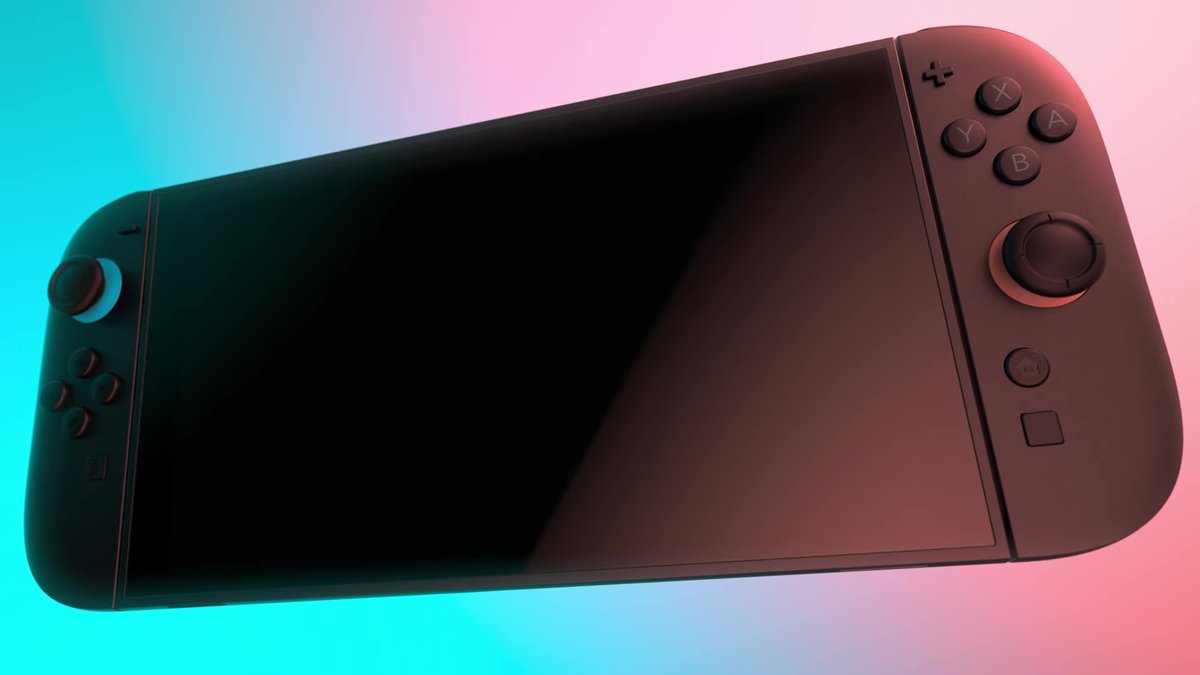
Hey fellow gamers, here’s some news hot off the digital press that might just make you raise an eyebrow—or two. Nintendo has just rolled out a fresh update to its End User License Agreement that’s causing a bit of a stir in the community. The update focuses on a new arbitration clause, which basically tells users that if you’re thinking of filing a lawsuit (especially in a class action group), you might want to sit down with your complaint over at Nintendo’s Contact Center instead.
The Crux of It All In Section 16 of the agreement, Nintendo spells out that you and the company are agreeing to resolve disputes—or at least limit how you can resolve them—in arbitration. To put it plainly, you’re giving up your right to take disputes to court, have a jury trial, or even join a class action lawsuit. From now on, every grievance has to be handled individually, stripping away the option of banding together with fellow disgruntled players. If you’re the type who likes a good courtroom drama, this might feel like a plot twist straight out of a legal thriller.
A Nod to Past Lawsuits For those who remember the buzz around Joy-Con drift lawsuits from 2019 and 2020, this update sure feels like Nintendo is trying to nip any similar legal battles in the bud. Instead of gearing up for a legal war, Nintendo wants all disputes directed to its Contact Center so that both sides can hash things out informally. This means you’ve got a 30-day window for negotiating any issues—extendable if both parties are feeling particularly cooperative—before things get lawyery.
Opting Out: Your Only Lifeline Worried about this arbitration clause? There’s an opt-out option. If you’d prefer to preserve your right to take matters to court, you need to mail a written notice within 30 days of agreeing to the EULA. Failing to do so means you’re automatically signed up for the arbitration route, which, by the way, refers any potential claims (including those involving intellectual property) to Washington State law and King County courts. That means you’ll be subject to local jurisdiction rules without any wiggle room for a change of heart.
What Does This Mean for You? If you’re the kind of player who observes every legal twist and turn like it’s a major plot point in your favorite RPG, this update is sure to pique your interest. While it clearly aims to prevent mass lawsuits by handling disputes one-on-one, it also seems designed to streamline conflict resolution—at least from Nintendo’s perspective. Whether you see it as a smart move or a dodge, it’s definitely a reminder that even your favorite game company isn’t above the fine print.
In Conclusion So, next time you dive into your favorite Nintendo game, remember that there’s a whole lot of legal wizardry going on behind the scenes. If you ever find yourself gearing up for a legal battle, check that EULA first—it might just leave you without your class action dream team. Thanks for sticking with me for this deep dive into the legal side of gaming, courtesy of insights from Polygon and GamesRadar+.
Source: This article was inspired by content from Polygon . All images belong to their respective owners.